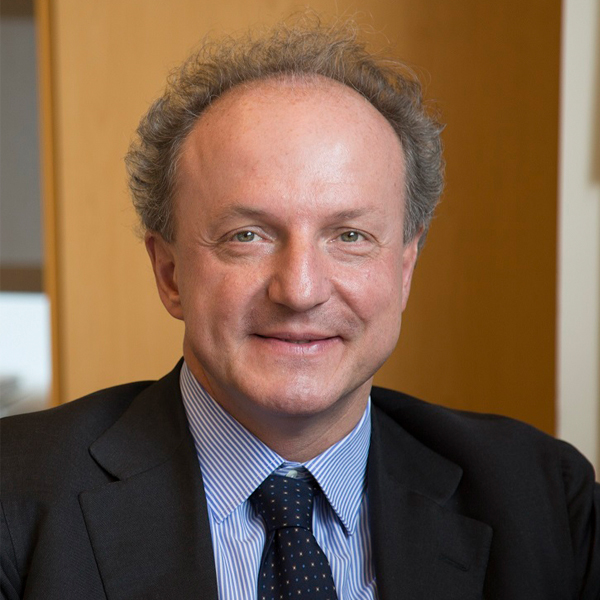Creativity Award

Pro-Senescence Therapy for Cancer: A Novel Approach Towards Prostate Cancer Prevention and Cure—Identifying New Druggable Targets May Enable Scientists to Lull Prostate Cancer Cells to Sleep
Investigator: Pier Paolo Pandolfi, MD, PhD–George C. Reisman Professor of Medicine, Harvard Medical School, Director, Cancer Genetics Program, Associate Director, Cancer Center Beth Israel Deaconess Medical Center
Cellular senescence is a process whereby a cancer cell essentially “goes to sleep”. Dr. Pandolfi has discovered several druggable cellular signaling “nodes” that act together to cause a heretofore unknown form of senescence in prostate cancer cells. He believes that this process is also operative in the very difficult to eradicate cancer stem cell population. Chemical compounds against these targets that will drive prostate cancer cells into a state of senescence will be evaluated in specialized animal models of prostate cancer with the goal of clinical translation.
Progress Report:
The human body has a number of mechanisms in place to protect against cancer growth and survival. One such mechanism is called cellular senescence, which is akin to putting a cell into a coma-like state. Interestingly, PTEN one of the most frequently altered genes in cancer, and in particular in prostate cancer, can induce cellular senescence when completely shut off. Dr. Pandolfi’s group has shown in mouse prostate cancer models that complete suppression of PTEN activity in cancer cells promotes cellular senescence which results in the inhibition of tumor initiation and progression. These findings open up a new avenue for novel cancer therapeutics that enforces the cellular senescence response by suppressing PTEN activity in cancer cells.

